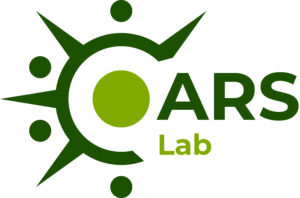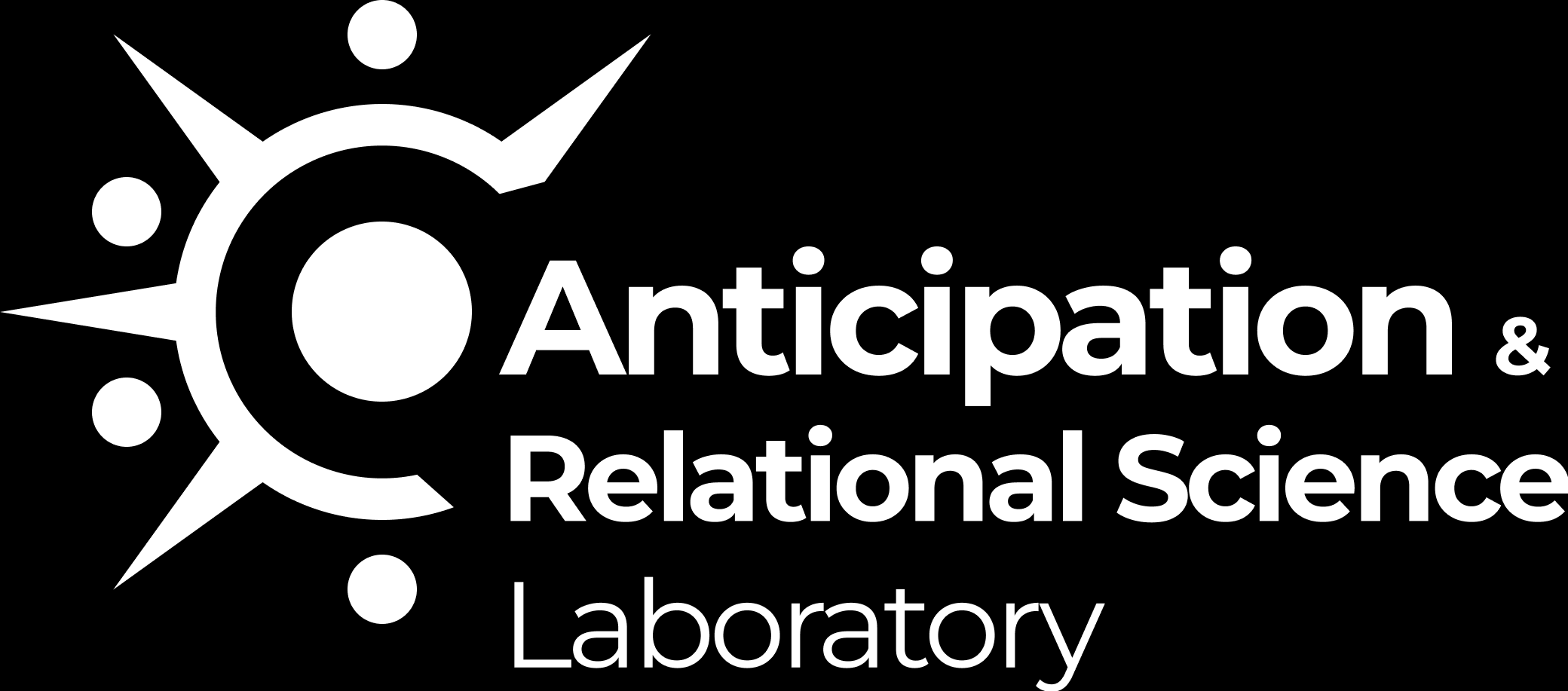
Welcome to ARS Lab!
The Anticipation and Relational Science Laboratory is a specialized unit of the Philosophy of Computing Research Group which focuses its research efforts in advancing rosennean complexity and anticipatory systems theory.
Our lab is currently hosted by the School of Sciences at UNAM, and partially supported by the Evolutionary Theory and History of Science Lab of the Institute of Biology, also at UNAM.
ARS Lab is in charge of organizing ICAS, the International Conference on Anticipatory Systems and Rosennean Complexity.
Lab members:
Enrique F. Soto-Astorga (P.I.)
Amellalli P. Lázaro-Arias
Victoria C. Sosa-Huarte
Manuel Rodríguez-Flores
Get in touch with our lab:
anticipation@philcomp.org
